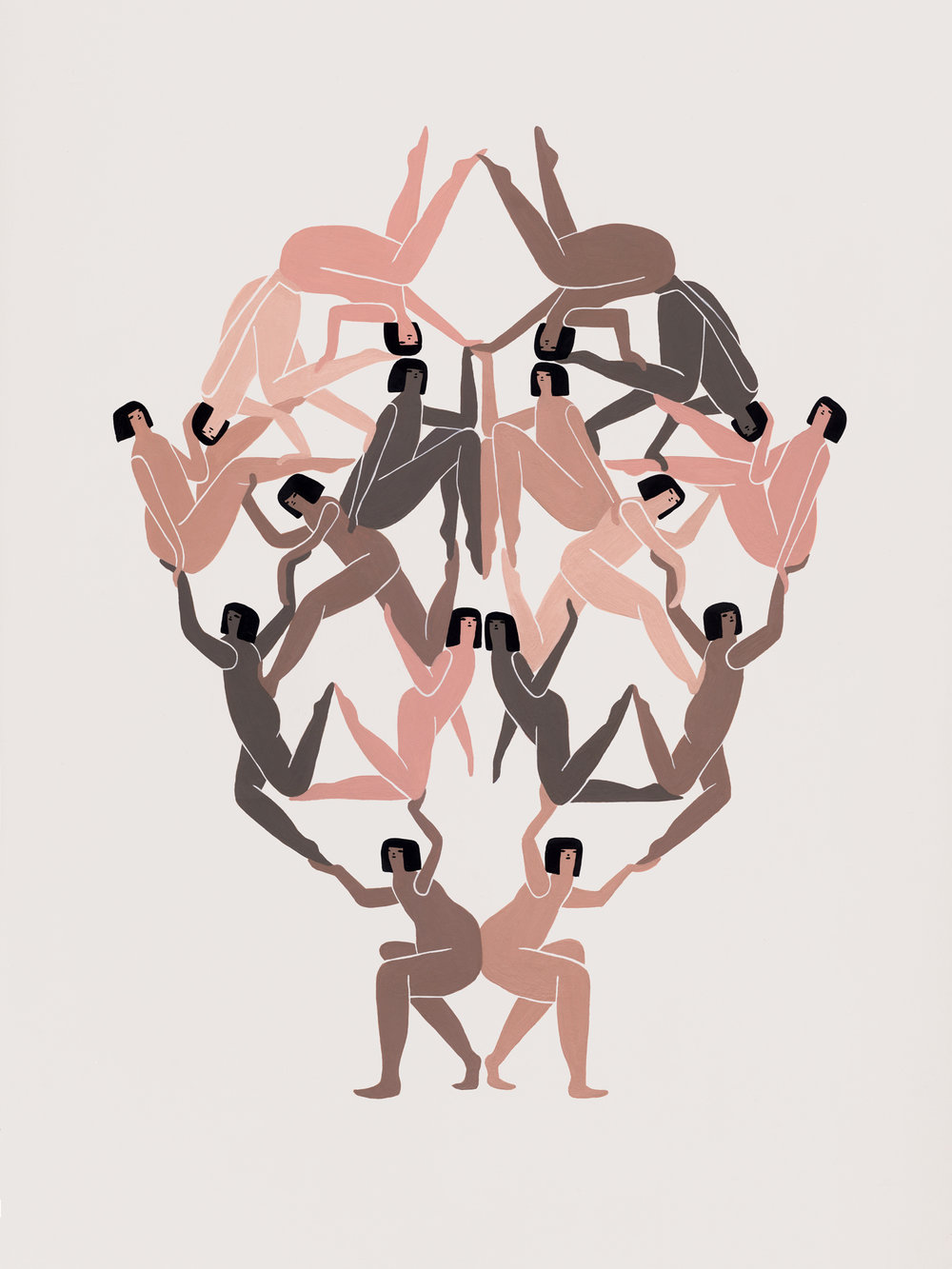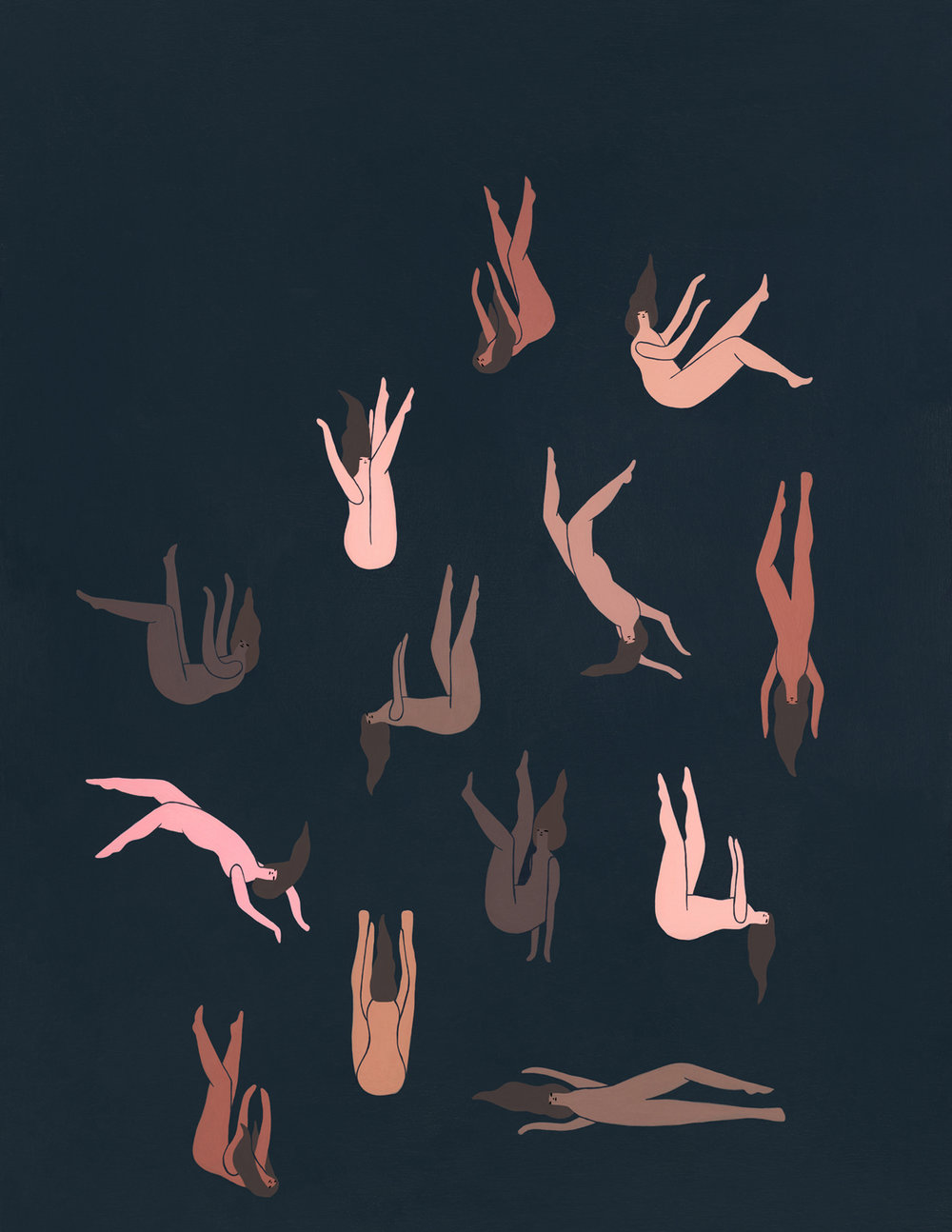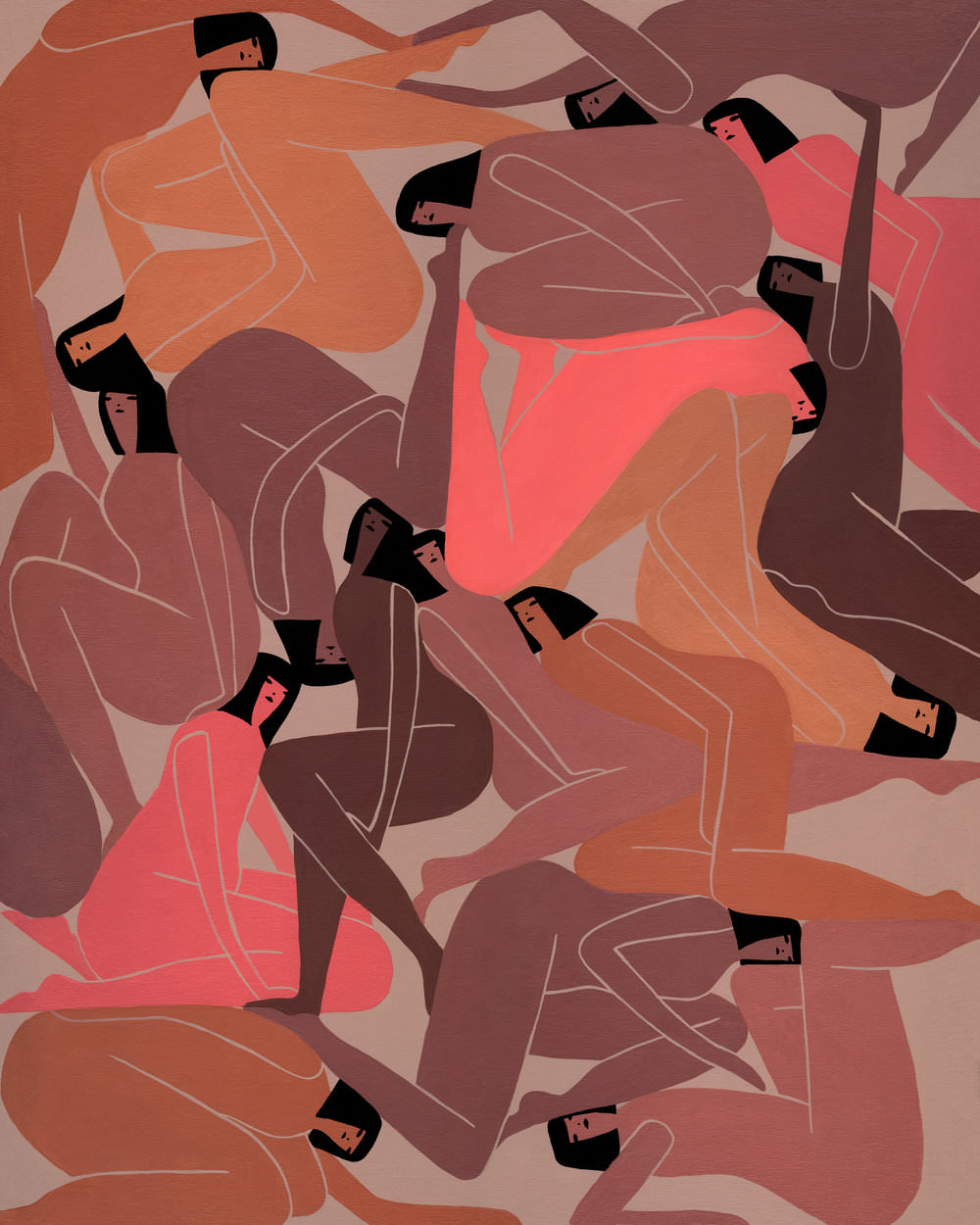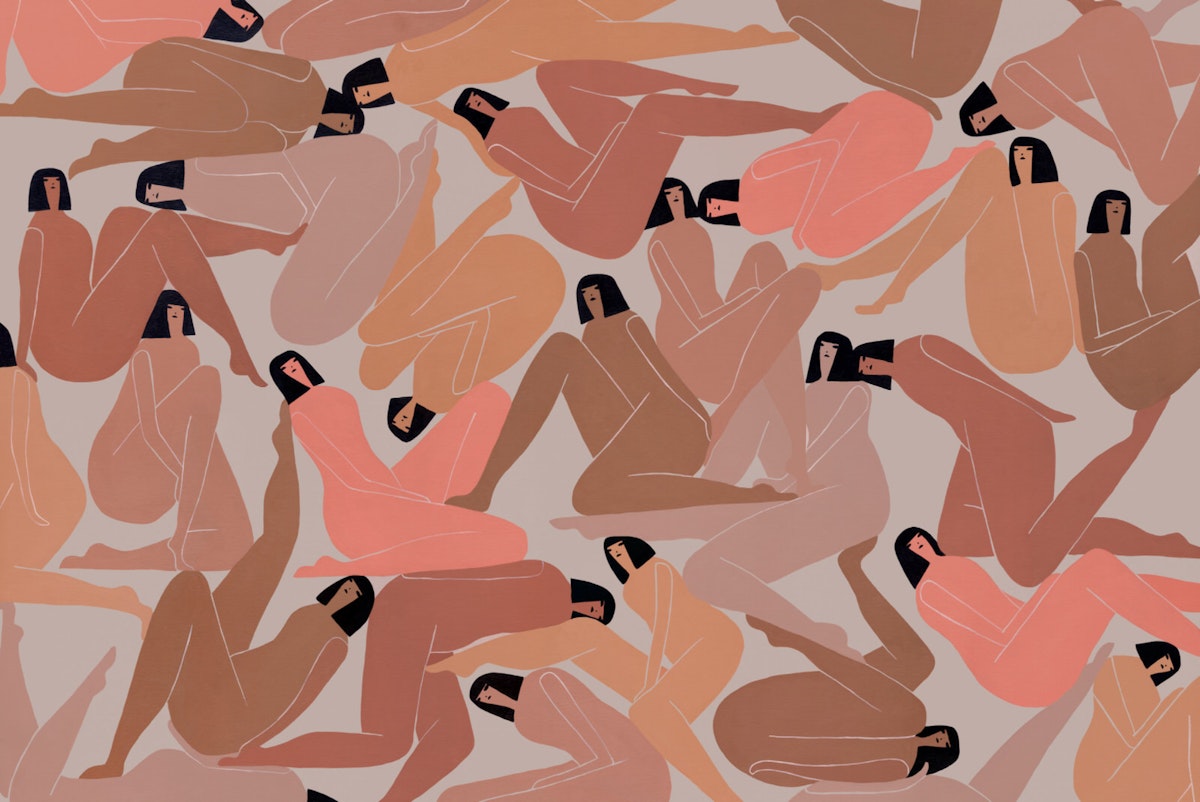“Happy International Women’s Day except to the 53% of white women who voted for Trump”: a blunt statement, printed across a beautiful floral photograph and sent to a group chat formed years ago. This chat consists of four women of color who span across the spectrum of skin tone and people groups, but have come together to create a sacred space with one another. A space where we can come to one another, even while hundreds of miles apart, to ask, “Should I get this crop top or nah?” or, “Work is gonna kill me this week, send good vibes my way.” Or, “Did you guys see the news? Another one, gone… he looked just like my brother too. When is this going to end?”
My fellow sister reached out to the group to lament about how after she posted the photo she started getting text messages and DM’s from her White female friends “calling her out” and letting her know that the photo, in so many words, made them feel some type of way. As messages like this started to reach her from different directions, my friend retreated to the safe space of our text group for help. While the post was partly made in jest, there was a lot of truth in that statement; for her and for many other women in this country.
On the particular evening that this group conversation started, I just happened to be lying in bed reading Angela Davis’ book Women, Race, and Class. The chapter I was reading told story after story of the violence black women endured during slavery. Davis wrote of the ways that Black women resisted oppression and fought powerfully to maintain some sort of family and home, while slavery worked to tear any semblance of a Black family apart. I was fully engulfed in the book; reading and re-reading different parts, taking long pauses to sit back and allow myself to ponder the words on the page. Then, I got this message and I was quickly brought back to reality.
Like many of you, I have had moments in my life where someone says something that I don’t agree with and I have to take a moment to collect my thoughts so I can respond clearly, rationally, and with as much empathy as I can muster.

As a woman of color who has spent much of her life in predominantly White spaces, this is something that I have had to practice over and over again. However, this is something I don’t have to do in the safe space created by my fellow sisters in our group chat. In that space I can be real, I can be a mess, and I can be wrong, because I know they will check me if I am. This evening, I proceeded to send about 10 voice memos to the chat venting about why I thought it was wrong for these White women to call out my friend. By memo number nine, I was able to succinctly communicate why I hated the responses she was getting so much.
The reason I bristled at the response is because, for me as a Black women, when I enter into conversations about sisterhood and feminism, I enter that space knowing my history, and the history of other women of color in this country.
I read about our struggles, and I read about the people who have made our progress slower. Within the context of sisterhood and feminism, privilege gives those in the center, the ones most privilege in our society due to factors of race and class, the right to conveniently forget history, moves past true reconciliation, and into a space where the “centered” can then guilt the marginalized for not standing up for “all women”. All women?
Where has this talk of “all women” been in the last 100 years? Where has it even been in the last five?

How can we even begin to partner together or come up with common goals when so many women have felt wounded and betrayed by the ones who say “all women”. Many within the world of feminism refer to this type of narrowly focused feminism as “White feminism”, a view that pushes an agenda that only benefits a small section of society without including women of color, poor women, Indigenous women, immigrant women, and those in the LGBTQIA community.
There has never been a period in the history of our country where America has fully recognized the ills of our past and made measurable efforts to break the yoke of oppression, or attempt to create any type of equality. I would say that the same is true when it comes to women and our fight.
If we are going to band together in our fight to end sexism and sexist oppression, then those in the center must recognize their own privilege and look to those in the margins for solutions.
I am constantly aware of my Blackness, but I also try to constantly remind myself of my privilege. I am a single woman who is able to work and support myself, then gleefully take myself back to my studio apartment where I can write, or cook, or lay in my bed for hours looking at videos of dogs. I am only able to do that because of the women (and men - hey ya’ll I haven’t forgotten about you), who have struggled so I can have all those freedoms and more. Now it is up to me to continue to look to those more marginalized than myself, so that I can continue to build the necessary bridges to bring them to the center; bringing lights to their stories and struggles so that one day life can be better for all.

At the end of the day, we will be the ones who collectively write the story of how we built bridges and opened doors of opportunity for people who don’t look like us;
for those who didn’t grow up on our side of town, but still have brilliant minds and fascinating ideas to share. It’s also up to us to care enough to recognize our ugly past, and choose to take a seat so we can truly see and hear what those who are often forgotten or silenced in our society have to say. I, for one, look forward to the day where we can see the safety that is found in so many marginalized spaces move toward the center of society, so there can be a true sense of intersectionality as we march forward in our journey toward dismantling systems built on a foundation of racism and sexism.
Illustrations by Laura Berger
